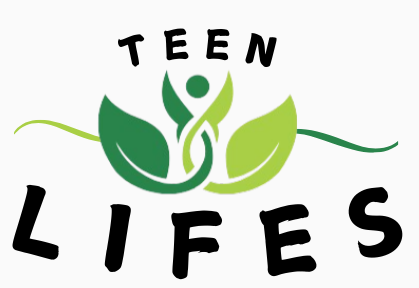Being honest might sound like something your parents always tell you, but have you ever really stopped to think about why it’s so important? For teenagers, honesty is more than just telling the truth—it’s about building trust, creating meaningful relationships, and shaping your future. In a world where everyone is constantly connected, the temptation to bend the truth or hide behind a lie can be strong. But honesty is a superpower that can help you become the best version of yourself.
Why Honesty Matters
At its core, honesty is about integrity—being true to yourself and others. For teenagers, this is particularly crucial because this is a time in life when you’re figuring out who you are, what you stand for, and how you fit into the world. Being truthful with yourself is the first step in understanding your values, your strengths, and your weaknesses. Without honesty, you might get lost in trying to be someone you’re not, or you might end up making choices that don’t truly align with your goals.
One of the biggest benefits of being honest is the trust you build with others. Think about the relationships you value most—whether with friends, family, or a partner. Trust is the foundation of all these connections. When you’re honest, people know they can count on you. On the flip side, lies and dishonesty tear trust apart. Once someone catches you in a lie, it can be hard to rebuild that trust. Being truthful ensures that your relationships remain strong and genuine.
The Cost of Dishonesty
While telling a lie might seem easier in the moment, it often leads to bigger problems down the road. Teenagers might find themselves telling small lies to avoid trouble or to impress others. For example, you might lie about why you were late, or pretend you don’t care about something you actually do. At first, it feels harmless. However, when those little lies pile up, they can get out of hand and lead to more stress. Keeping up with a web of lies can be exhausting, and it often creates situations where you have to lie even more to cover up the original lie.
Dishonesty also impacts your self-esteem. When you’re not being truthful, it’s easy to feel like you’re pretending to be someone you’re not. This can lead to feelings of guilt, confusion, and insecurity. You might start to feel disconnected from who you really are and what you truly believe in. On the other hand, when you live honestly, you’re comfortable with who you are and don’t need to hide behind false facades.
How to Practice Honesty
Being honest doesn’t mean you always have to speak every single thought that comes to your mind—sometimes, honesty is about knowing when to speak and when to keep things to yourself. It’s also about choosing kindness. You can be truthful without being hurtful. For example, if a friend asks for your opinion on something, you can be honest but still considerate of their feelings.
Start by being honest with yourself. Take some time to reflect on your values and your goals. Ask yourself: Am I being true to who I really am? Are there areas where I’m holding back or pretending to be something I’m not? Understanding your own truths will help you be more authentic in your interactions with others.
Next, practice honesty in small ways. If you make a mistake, admit it. If you’re struggling with something, don’t be afraid to ask for help. It’s okay to be vulnerable. Honesty builds stronger relationships because it shows that you’re willing to be open and real. And when you make honesty a habit, it becomes easier to speak the truth in more challenging situations.
The Impact of Honesty on Your Future
Honesty is not only important in the present but also in the long run. People who are known for their integrity and truthfulness are often the ones who are trusted with more opportunities. Whether it’s a job, a scholarship, or a leadership role, honesty helps you build a reputation as someone who can be relied upon.
Additionally, being honest with others can help you avoid unnecessary drama and complications in your life. By being open and truthful, you’ll find that your relationships become more supportive and less stressful. You’ll also find that the people who truly care about you appreciate you for who you are, not for the image you’ve created.
Conclusion
Being an honest person doesn’t mean you’ll never make mistakes, but it does mean you’ll learn from them and stay true to yourself. As a teenager, you’re in a crucial period of growth, and honesty is a tool that can help guide you through life’s challenges. By being truthful with yourself and others, you’ll build trust, foster meaningful relationships, and create a strong foundation for your future. Honesty is the best policy—not just because it’s the right thing to do, but because it leads to a more fulfilling, confident, and successful life.

